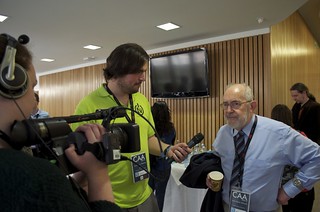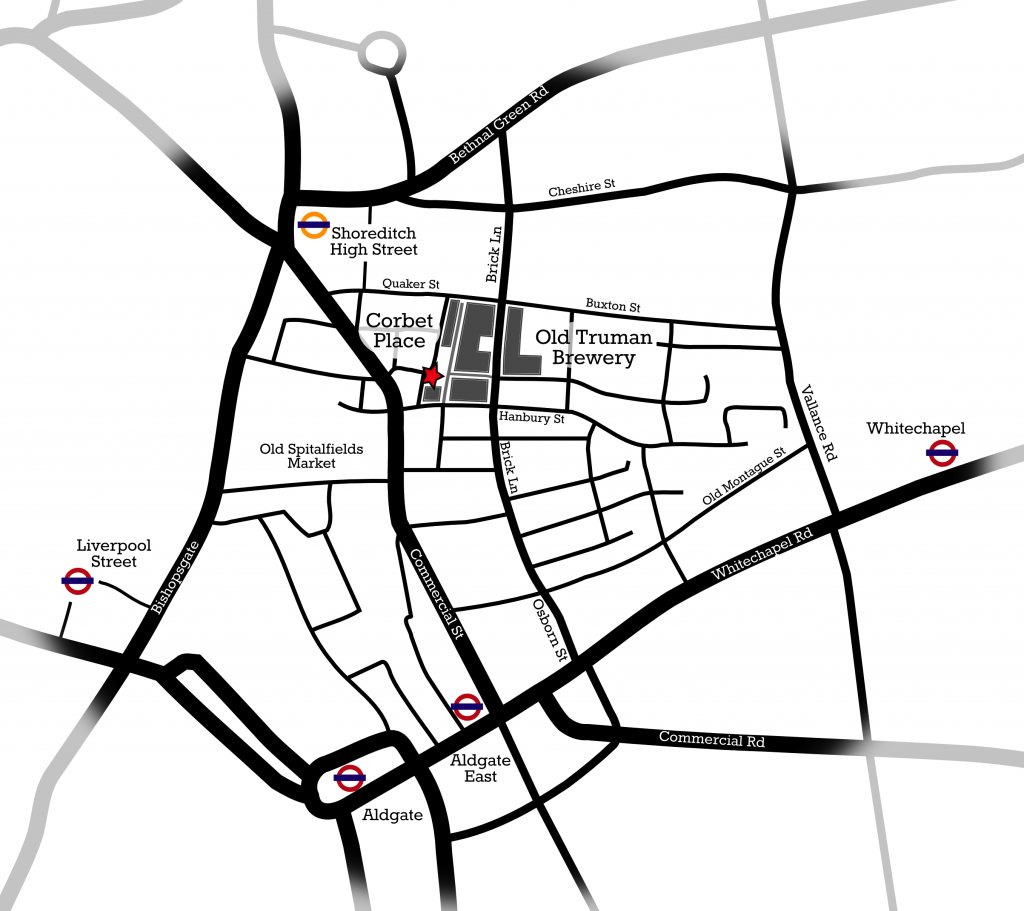Antiquist is an online community of people working with computing in the heritage sector.It is primarily a communication network – a way for us all to talk, argue, experiment, share ideas, and solve common problems. Antiquist members include archaeologists, museum professionals, historians, and other interested people.
(Copied from the Antiquist blog..)
Joining Antiquist
Antiquist communicates primarily via a Google Groups email list. There’s also a wiki, a blog, and some server space to try out new ideas and build new resources. If you’d like to join the conversation, head over to the Antiquist Google Group to sign up. You don’t need to work in the heritage sector, just a healthy interest in computing and heritage, and the will to get involved.
From time to time Antiquist folks get together at events known as ArchCamp. The format of these meetings is open, allowing for demonstrations, discussion, and practical sessions. The first one was held in 2006, hosted by L – P : Archaeology, coincidentally at the Old Truman Brewery (the site of CAAUK 2013!)
What is ArchCamp?
Leif Isaksen (original co-founder) summed up the first ArchCamp in 2006 (and copied from the wiki!):
The first attempt to explore the concept of a one-day unconference for archaeology – based on the idea of a BarCamp. Basically an opportunity for all archaeological computing people to get together and present their current ideas/theories/hare-brained schemes in a structure decided by the participants on the day.
There are no pre-accepted papers, instead the agenda and programme is decided on the morning of the ArchCamp and should theoretically be quite fluid as we go through the day.
ArchCamp at CAAUK 2013
In honor of the first ArchCamp in 2006 and in the tradition of ArchCamps at past CAA’s, we will be having a mini-ArchCamp following the CAAUK 2013 on Saturday, February 23 for all CAA survivors. This will be from 6ish, likely at the site of ArchCamp 2006 – the Big Chill Bar or Cafe 1001 in the Brewery. Like all ArchCamps, it’s just a space to share and document cool resources and projects we’re all working on, so no preparation necessary! If you’re interested just show up!
Further information regarding the venue choice will be announced at the conference.

Back to the past … CAAUK ArchCamp 2007, Southampton ACRG Lab (Image: Hembo Pagi)


